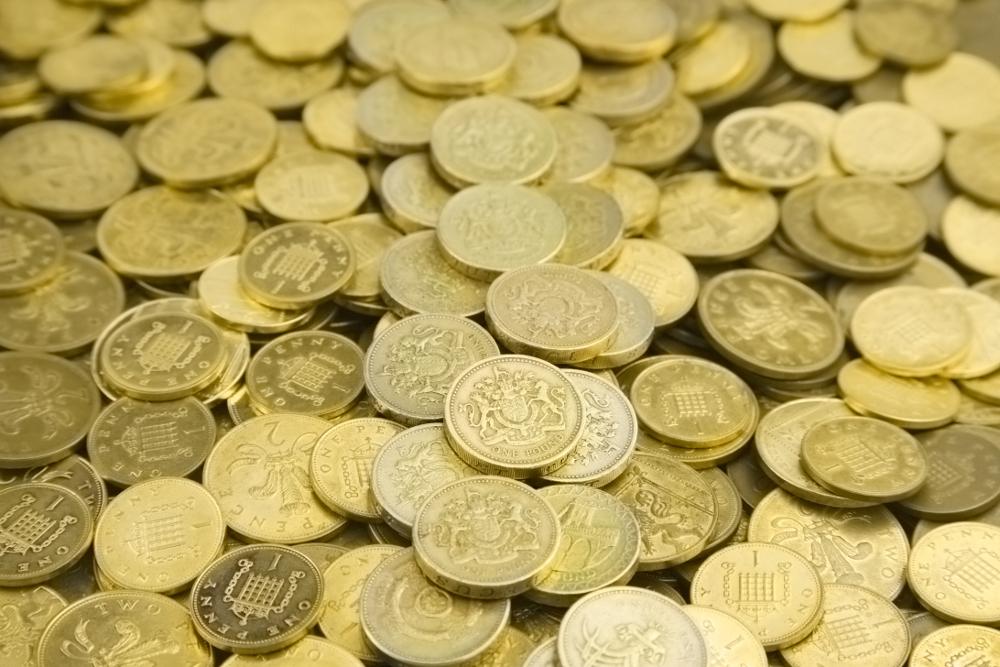Experienced Investor
How the pound influences investment

In the wake of the UK Election, with the Greek debt crisis continuing and volatility increasing in China and the US, the pound is high on the agenda. Here’s how the pound influences investment choices.
After the financial crisis in 2008, the pound took a huge hit. Sterling fell by more than 25 per cent from a peak in mid-2007 to the beginning of 2009. But as the UK economy has recovered, so has the pound, and sterling is now one of the world’s healthier-looking currencies.
The idea that sterling is strong might seem surprising as it tends to be compared to what is seen as the most important currency in the world, the US dollar. Back before the financial crisis in 2008, a pound could buy you slightly more than $2. These days it fetches closer to $1.50.
However, this has more to do with the strength of the dollar than the weakness of the pound. If you look instead at sterling versus its other great rival – the euro – the pound has gone from buying less than €1.10 at its post-financial crisis nadir, to being worth closer to €1.40 these days. And if you compare the pound to a ‘basket’ of currencies from Britain’s key trading partners, it shows that sterling is stronger than at any time since the financial crisis.
A strong currency might sound like a good thing – a nation’s currency is often seen as some sort of national virility symbol – but in fact it’s a double-edged sword. A weak currency can make certain industries more competitive against international rivals, while a strong one can erode any such advantage.
A strong pound – the winners and losers
The impact of currency fluctuations shouldn’t be your main reason for buying or selling a stock. Movements in the foreign exchange markets are ultimately out of the control of company’s managements. You’d be better focusing on finding companies with strong management teams that are capable of understanding and managing the risks that currency movements pose to their businesses.
That’s why it’s important to be able to ‘look through’ currency fluctuations when a company updates on its figures. Keeping an eye out for results reported in ‘constant currency’ terms will give you a better idea of whether or not the underlying business is sound.
However, if you’re a trader or are looking for a good chance to buy into a company or sector that you favour, then finding a point when they are out of favour due to currency fluctuations can offer a good opportunity.
FTSE 100 companies generate about 80 per cent of their sales overseas, while the equivalent figure for the FTSE 250 is around 50 per cent. In short, this means a significant number of listed companies are affected by currency fluctuations, with certain industries negatively impacted while others benefit.
An overview of sector impact
Hardest hit – exporters and manufacturers
Clearly, currency movements have the biggest impact on companies that earn a substantial proportion of revenues overseas, but have the majority of their costs in sterling.
A stronger pound makes life tougher for exporters. Their costs remain constant, but the sales they make overseas fall in value. If they try to pass these costs on to their customers by hiking prices, they risk customers will go elsewhere and so often end up simply sucking up the squeeze on their margins.
A recent example of this exact scenario is sausage skin maker Devro which saw its profits hammered by foreign exchange movements. Pharmaceutical companies are another classic example of big companies with worldwide revenues, but a high proportion of costs in sterling.
Less impact – miners
Mining is another major sector in the FTSE 100 that generates most of its revenue overseas. However, fluctuations in sterling are not such an issue for miners because their costs tend to arise overseas as well. Commodity prices – which are often affected by the strength of the US dollar – are far more important to the health of the mining sector.
A potential positive impact – leisure
The flipside of a strong pound is that while it hurts exporters and manufacturers, it benefits consumers. For example, with the pound strong against the euro, people are more likely to go on holiday overseas than stay in the UK. So tour operators that sell holidays abroad, or budget airlines, could benefit from increased demand. But bear in mind that companies which rely on tourists coming to the UK might suffer as the country becomes more expensive for overseas visitors.
Watch your dividends
Another thing for investors to watch out for is the impact on companies which pay out their dividends in dollars, as is the case for several FTSE 100 companies. The dividend pay-out may rise in constant currency terms, but fall once converted into sterling. Again, this shouldn’t be the deciding factor as to whether you buy into a company or not (remember that if sterling weakens, the opposite effect – an artificially-enhanced dividend – applies), but it’s something to be aware of so that you don’t get any nasty shocks when your dividends land in your bank account.
Exchange Traded Funds
In times of high volatility, Exchange Traded Products (ETPs) and Exchange Traded Funds (ETFs) become more popular, as they provide suitable options to protect against the potential sterling depreciation. ETF’s usually follow the price movements of a financial index or benchmark (e.g. the FTSE 100) and can offer an alternative way to gain exposure to a wide range of markets.